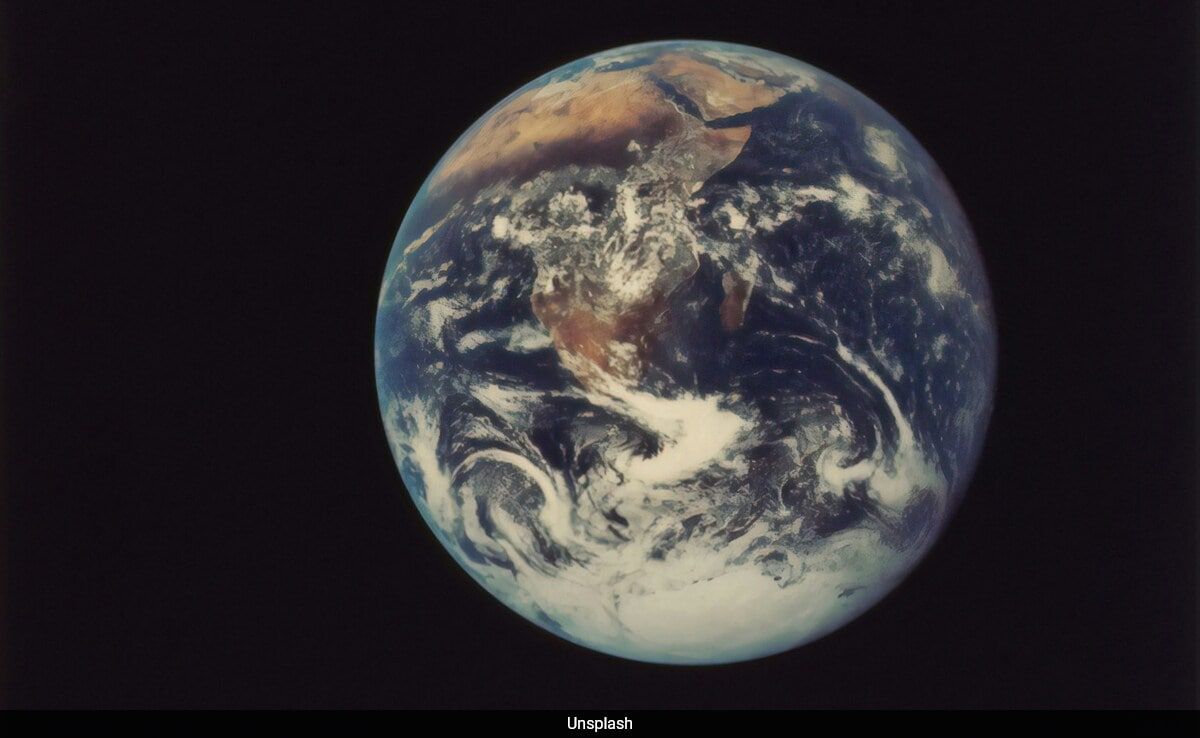Earth's Oxygen Expected to Disappear in 1 Billion Years

A groundbreaking study published in Nature Geoscience has predicted that Earth's oxygen will disappear in approximately one billion years, rendering survival impossible. Researchers at Toho University in Tokyo, Japan, utilized NASA planetary modeling and ran over 400,000 simulations to reach this conclusion.
As the sun ages, it is expected to become hotter and brighter, affecting Earth's climate. This will lead to an increase in water evaporation, rising surface temperatures, and a weakening of the carbon cycle. The result will be a decline in plant life, halted oxygen production, and a return to atmospheric conditions reminiscent of early Earth.
The study estimates that the lifespan of Earth's oxygen-rich atmosphere is approximately 1 billion years, significantly shorter than previously thought estimates of 2 billion years. Kazumi Ozaki, Assistant Professor at Toho University, noted that previous theories suggested the end of Earth's biosphere in two billion years due to overheating and CO2 scarcity.
However, this new research narrows the timeframe for rapid deoxygenation, predicting that oxygen levels will decrease drastically in one billion years. While life could potentially exist in such an atmosphere, it would be vastly different from what we know today.
The researchers' findings highlight the importance of understanding Earth's climate and atmospheric history to predict its future evolution. The study's predictions are a reminder that human activities have a significant impact on our planet's climate and biodiversity, emphasizing the need for sustainable practices and responsible management of resources.
